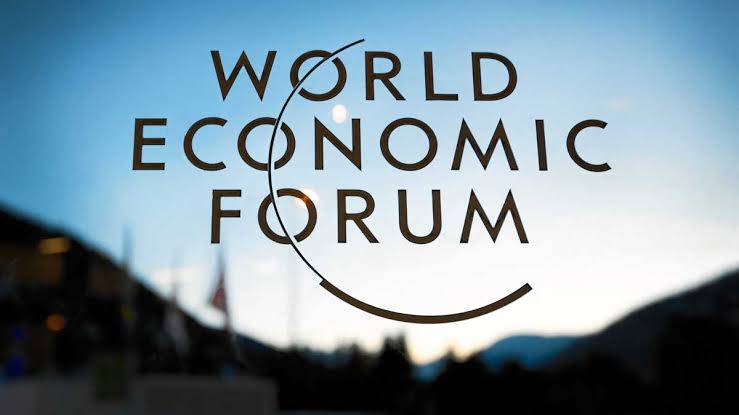Davos attendees see energy crisis as opportunity for clean energy

DAVOS, Switzerland – While calling for an end to the global energy crisis, participants at the World Economic Forum Annual Meeting 2023 also saw the crisis as an opportunity to accelerate the world’s transition toward clean energy.
Adam Tooze, director of the European Institute at Columbia University, said he believes that the transition toward cleaner and greener energy would create more connections between countries and regions, which will be part of what he called a “new cocktail of globalization” in the future.
Energy crisis
“The effect of the energy transition is essential to create a new set of interdependencies, and they are going to be quite adventurous and definitely reach out beyond the boundaries of the European bloc and the North American bloc,” he said at a session on “De-Globalization or Re-Globalization” earlier this week.
In a report titled “Securing the Energy Transition” released days before the annual meeting, the World Economic Forum noted that “this energy crisis also provides an opportunity for countries to redesign their approach to energy security, in light of advancing technologies and a changing fuel landscape.”
It laid out 10 actions to align energy crisis responses with the energy transition, including maximizing electrification and energy efficiency to alleviate and decarbonize energy demand, providing reliable signals to investors in energy supply and infrastructure, and coordinating with regional peers to maximize efficiency and minimize the cost of energy crisis mitigation.
“The challenges underpinning today’s energy context are so complex and interconnected that they can only be resolved with structural solutions. Relying on short-term fixes will potentially hamper the transition to a sustainable, clean, and affordable energy system,” the report warned.
“Our world has never seen an energy crisis of this depth and of this complexity,” Fatih Birol, executive director of the International Energy Agency, said Tuesday in a session.
Enjoying this article?
Subscribe to get more stories like this delivered to your inbox.
Some 75 million people who recently gained access to electricity are likely to lose the ability to pay for it, meaning that for the first time since tracking started, the number of people worldwide without electricity access has begun to rise, the agency said in its World Energy Outlook 2022 published in October.
For any query with respect to this article or any other content requirement, please contact Editor at [email protected] Bulletin
Ivana Trump’s $34 million estate, who is is getting her inheritance
Contributing writer at The Independent News
